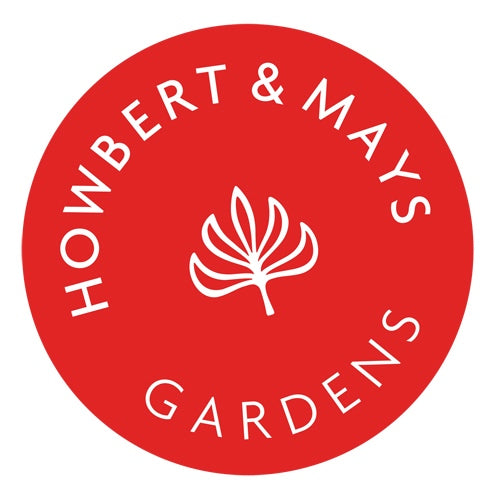When you sell plants for a living, every few days you get asked this same question: "is now a good time for planting?" It could be midsummer or midwinter, autumn or spring. Our answer usually runs something like this.
In Ireland, you can plant most plants pretty much year round. Plants themselves, from a garden centre or nursery, have been grown outdoors and are suitable to be grown in the Irish climate. So planting them when it's freezing cold, or when it's about to get very cold, will not put the plant at risk. On the other hand, it's not nice to work outside when it's cold and wet. On rare occasions the temperature is below freezing and the soil can be frozen solid, when it is hard to dig, and planting is not recommended.
There are some plants that can't be survive outdoors in Ireland over the winter, including tender herbs such as coriander or basil. There are also some tender trees, shrubs and ferns that may not survive an exceptionally cold winter, regardless of when they were planted. Some plants don't survive the winter outdoors in Ireland because they are 'tender' plants such as Begonias, Pelargoniums etc. These plants are sold in the spring and are known as spring bedding or annuals.
Some seasonal tips on planting outdoors in Ireland.
Spring is an excellent time of year for planting. As the days get longer there is more time for outdoor work, and a little bit of heat is comfortable for the gardener. The soil is generally cool and moist, so plants can settle in without the need for watering. By the time summer comes along, plants will have established a light root system and will be a little tougher and more established than those planted in summer. Nurseries supply bare root plants and rootball plants only between late autumn and mid spring, so this is a good season to be planting trees and shrubs
Summer is fine for planting. Most plants are available year-round. It's wonderful to work in the garden when the days are long and warm. On the down side, plants require more water over the summer, so if you are doing significant planting you need to be aware of this. Garden centres and nurseries generally have a large selection of perennials, grasses, ferns etc over the summer period. Remember to water your plants before you plant them, and then give the soil a good slow soak after planting. Mulching the soil after planting helps prevent evaporation and improves soil structure. Keep in mind that there can be hosepipe bans in the summer, or you may go on holiday and not be around to water - two things that will get in the way of your plants staying alive.
Autumn marks the start of the traditional 'planting season'. The days are still comfortable and long, the need for watering has reduced, and plants can settle in comfortably for the winter, establishing themselves somewhat before their winter hibernation. Mid to late autumn is when most nurseries start supplying bare root or rootball plants, making autumn (and on until early spring) the ideal time to plant hedges, small woodlands etc. People should have no fear of it getting colder - any plant that can grows outdoors in Ireland will not be in any danger if planted in autumn or before a cold snap. They are completely hardy.
Winter, as said above, can be cold, dark and wet, and not necessarily a time we want to work outdoors. On the other hand, if the soil is workable, it's a fine time to plant. It is important not to walk over or dig wet soil, especially heavy soils. This leads to compaction and poor drainage, and can lead to plants not being firmly placed in their new environments.

